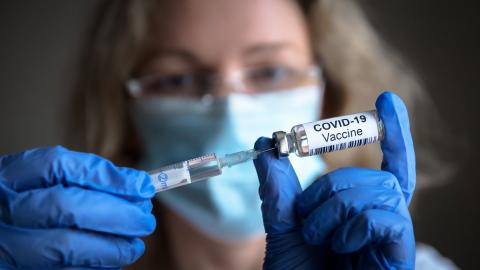
Last week we started looking at the COVID vaccines and some of the concerns that have been raised by my patients. I discussed how vaccines are made and specifically how an mRNA vaccine is made and works. Another question I have been asked is: “Do I need to get vaccinated, even though I already had COVID?”. The question comes up because we do get some immunity through the infection process. In fact, a person gets both an antibody response and what is called a “T-cell” response once they have been infected. While this DOES offer protection, there is still an area of active study to see how long natural immunity (what a person gets from being infected) will last, and the T cell response is much harder to measure. That being said, the fact is we know that immunity wanes with time. In a study performed at the Mayo Clinic, the evidence suggested the protection lasts about three months. That is why there are cases reported of people getting COVID twice. We know that a person who has been infected with COVID, recovers, and then gets vaccinated has the highest immunity against re-infection. It is still recommended that everyone (including these individuals) complete a full “series” of whichever vaccine they choose.
The next question is – When? The recommended wait time has continued to be updated as more information becomes available. Currently, the recommendation is to get the vaccine as soon as you can and are feeling better. However, if you received either the monoclonal antibody treatment (like Regeneron) or convalescent serum (antibodies donated via plasma donations from others after they were infected and recovered), you should wait 90 days. This is only to make sure those treatments do not interfere with the vaccine's effectiveness.
Finally, are there any risks to getting the vaccine after recovering from COVID? There have not been any reports of adverse outcomes in this circumstance. However, since you are protected for some time by your natural immunity, and it is possible to have a more vigorous response to the vaccine right after infection, I am advising my patients to get the vaccine a month after they recover. This is not a rule or guideline but my medical opinion and balances the possible discomfort from the vaccine with the added protection it provides.
Again, I hope you found this helpful – let me know what you think. Next week we will focus on booster shots – Who, When, Why.

- Log in to post comments

